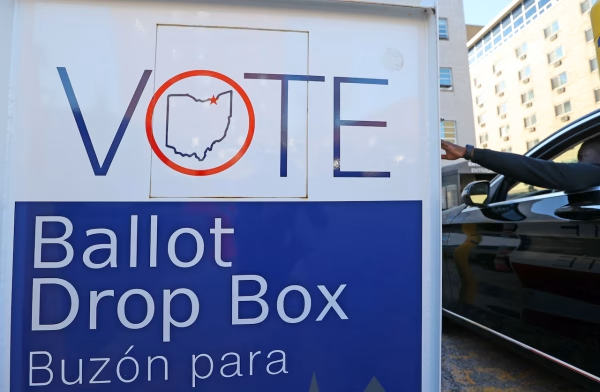ACLU Comment on Ruling in Trump Election Commission Challenge
NEW YORK — A federal court denied emergency relief compelling the release of additional documents and requiring in person access at the July 19th meeting of President Trump’s election commission.
The ruling stems from an American Civil Liberties Union lawsuit challenging the commission’s failure to comply with the Federal Advisory Committee Act, which is designed to ensure public accountability of advisory committees.
Only after the ACLU filed its lawsuit on July 10, the commission took steps toward course correction by creating a website, disclosing the introductory email and agenda from its telephonic meeting, and pledging to make documents available. It created websites to store released documents, public comments, and state responses in regards to its original data request.
“Ahead of this ruling, the commission acquiesced to several of the demands in our lawsuit, including releasing a number of documents and creating a website," said Theresa Lee, a staff attorney with the ACLU’s Voting Rights Project. “The standard for emergency relief is high. Today’s decision does not mark the end of our fight for transparency and public accountability.”
While the court concluded that extraordinary emergency relief was not available at this time, it noted that should circumstances change, as they have a number of times already, so too could the ruling on emergency relief.
“Although it has promised to comply with federal law, the commission has thus far made only some, but not all of its documents available,” said Sophia Lin Lakin, a staff attorney with the ACLU’s Voting Rights Project. “The court’s decision today does not exempt the commission from its responsibilities to the American people. Public pressure is now all the more important. We will continue to press for transparency from the commission in the courts and streets.”
President Trump lost the popular vote to Hillary Clinton by nearly 3 million votes, yet he promotes the lie that voter fraud is to blame. He then created the commission via executive order. It is led by Kansas Secretary of State Kris Kobach, whom the ACLU has successfully sued many times over his voter suppression policies. Kobach has been widely criticized for attempting to solicit detailed information on every registered voter in the country. He has not divulged how the commission would use or protect that sensitive voter information.
The case, American Civil Liberties Union v. Donald Trump, was brought by ACLU National and the ACLU of the District of Columbia. It was filed in federal district court in Washington, D.C.
The ruling is at: https://www.aclu.org/legal-document/aclu-v-trump-memorandum-opinion
More information is at: https://www.aclu.org/cases/american-civil-liberties-union-v-donald-trump



